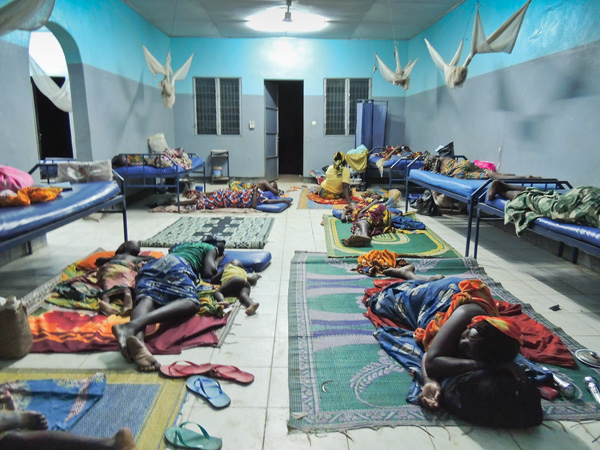There are no sirens. Nor is the silence disrupted by the rush of feet or frantic blue lights.
He passed away early this morning.
I have just heard the news and am overwhelmed.
The Département de Pédiatrie has reached capacity. A young girl recovers from an Echis snake bite; the parallel incisions at the site are a sign that she was seen by the local healer first. A vial of antivenom makes up for lost time, and reverses the widespread anticoagulative effect of the otherwise lethal venom. The heat has caused a threefold increase in the incidence of snakebites, and we will exhaust our stock of vials next week. The pharmaceutical company has temporarily discontinued production, and we are unable to find an alternative supplier.
I look now at Abakar’s tattered and muddy carnet de santé, and his remaining three sealed syringes, and cannot hold back the sadness and frustration. In the absence of a united and determined outcry, what chance did he have?
- James D Smith1
- Newcastle University, Newcastle upon Tyne, UK.





